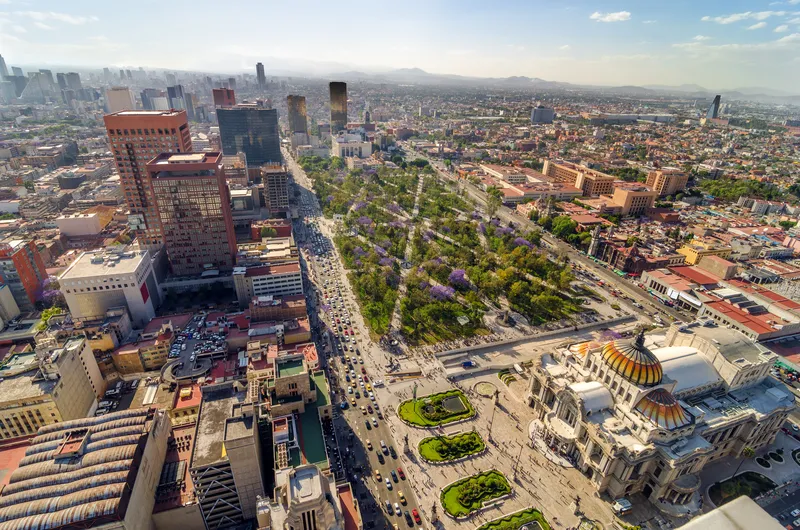Colombia is due to award all the tenders for the second phase of the country's US$25 billion 4G highway plan by July this year, according to the country's vice president Germán Vargas Lleras.
The next phase of 4G highway concessions will involve ten projects and require a total investment of US$7.96 billion. Offers are due to be received in May.
So far five firms have prequalified for the first tender round: Spanish construction firms Sacyr and FCC; Mexico's ICA and Tradeco; and Chinese company Sinohy
January 19, 2015
Read time: 2 mins
Colombia is due to award all the tenders for the second phase of the country's US$25 billion 4G highway plan by July this year, according to the country's vice president Germán Vargas Lleras.
The next phase of 4G highway concessions will involve ten projects and require a total investment of US$7.96 billion. Offers are due to be received in May.
So far five firms have prequalified for the first tender round: Spanish construction firms6074 Sacyr and 5656 FCC; Mexico's 4285 ICA and 4743 Tradeco; and Chinese company Sinohydro.
These groups had pulled out of the first phase of tenders for the billion-dollar highway plan reportedly due to concerns about the tender process and possible risks.
Their return "is a clear sign that the parent companies of these groups began to have more trust in the 4G program after the positive results of the first wave of tenders," Juan Martín Caicedo, president of Colombia's infrastructure chamber, was reported as saying.
The caution expressed in the first round has apparently waned after the government worked to improve the tender process and mitigate risks, Caicedo added.
BTG Pactual's managing director of project finance, Mauricio Gutiérrez, explains that some of the main risks for highway tenders like these include construction conditions, environmental issues, and the need to obtain all the land for the projects. In response, Colombia's government committed to taking on additional costs above a certain level.
The next phase of 4G highway concessions will involve ten projects and require a total investment of US$7.96 billion. Offers are due to be received in May.
So far five firms have prequalified for the first tender round: Spanish construction firms
These groups had pulled out of the first phase of tenders for the billion-dollar highway plan reportedly due to concerns about the tender process and possible risks.
Their return "is a clear sign that the parent companies of these groups began to have more trust in the 4G program after the positive results of the first wave of tenders," Juan Martín Caicedo, president of Colombia's infrastructure chamber, was reported as saying.
The caution expressed in the first round has apparently waned after the government worked to improve the tender process and mitigate risks, Caicedo added.
BTG Pactual's managing director of project finance, Mauricio Gutiérrez, explains that some of the main risks for highway tenders like these include construction conditions, environmental issues, and the need to obtain all the land for the projects. In response, Colombia's government committed to taking on additional costs above a certain level.










